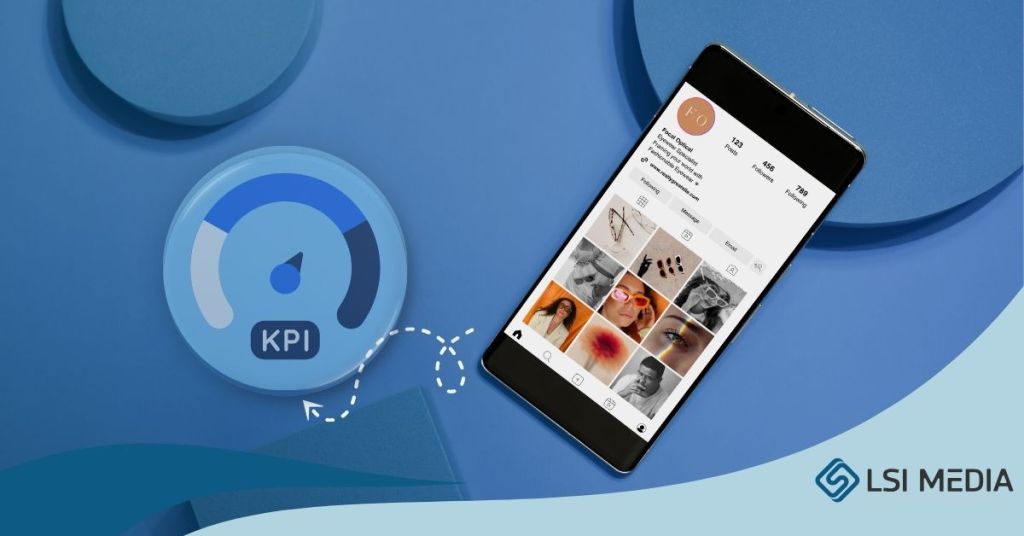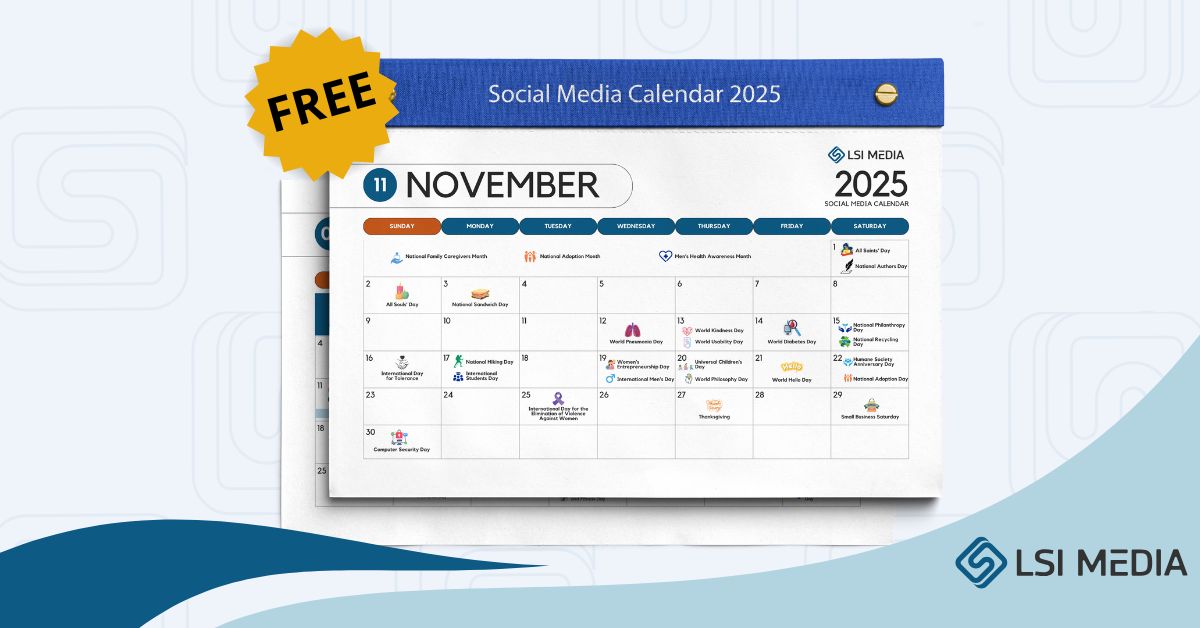How Non-Government Organizations Can Dominate Social Media Marketing
Non-Government Organizations (NGOs) have a unique opportunity to amplify their message and extend their reach through strategic social media engagement. This article explores how NGOs can harness the power of social media marketing to achieve their missions, connect with their audiences, and drive meaningful change in the world. By understanding the key principles and best practices of social media marketing, NGOs can effectively utilize social media channels to build a strong online presence and cultivate a community of supporters through effective digital marketing efforts.
Understanding Social Media Marketing
Social media marketing is a multifaceted approach that involves using social media platforms and social networks to promote an organization’s goals, initiatives, and values. Unlike traditional marketing, social media marketing leverages the interactive nature of social media to engage with audiences, build relationships, and foster a sense of community. It involves crafting social media strategies and sharing relevant social media content across various social media channels to reach target demographics. The aim is to enhance brand awareness, drive traffic to websites, generate leads, and ultimately, achieve organizational objectives. The ultimate goal is using social media in a way that aligns with and advances their overarching mission.
The Power of Social Media in Marketing
The power of social media lies in its ability to connect people globally and facilitate the rapid dissemination of information. For NGOs, this translates into an unprecedented opportunity to raise awareness about critical issues, mobilize support for their causes, and influence public opinion. Through platforms like Facebook, NGOs can share compelling stories, showcase their impact, and engage social media users in meaningful dialogues. The reach and influence of social media can help NGOs overcome geographical barriers, connect with diverse audiences, and build a strong base of supporters. The cost-effectiveness of social media marketing, compared to traditional marketing, makes it an attractive option for NGOs with limited budgets. The strategic use of social media is vital for creating successful social media marketing campaigns.
Key Components of Effective Social Media Marketing
Effective social media marketing hinges on several key components. These components include:
- 1
A well-defined social media marketing plan, outlining specific goals, target audiences, and measurable objectives, is a fundamental aspect of effective marketing communications.
- 2
A robust content strategy that aligns with the organization’s mission and resonates with the audience.
- 3
High-quality, engaging social media content, including text, images, and videos, is vital for capturing attention and conveying impactful marketing communications.
Social media management involves consistently monitoring social media channels, responding to inquiries, and engaging in conversations with followers. Finally, analyzing social media data to track performance, identify trends, and optimize social media strategies is essential for continuous improvement and maximizing impact. Influencer marketing is also a good strategy.
Benefits of Social Media Marketing for NGOs
Increased Visibility and Awareness
One of the primary benefits of social media marketing for NGOs is the potential for increased visibility and awareness. By strategically using social media channels and developing engaging social media content, NGOs can reach a broader audience than through traditional marketing methods alone. Successful social media marketing campaigns can significantly elevate an organization’s profile, making it easier to attract new supporters, volunteers, and donors through targeted marketing platforms. Through consistent and impactful social media presence, NGOs can establish themselves as thought leaders in their respective fields, building credibility and trust with social media users. The power of social media to amplify messages should not be underestimated. Platforms like Facebook, Instagram, and Twitter, strategically managed through a solid social strategy, can drive substantial awareness.
Engagement with Target Audiences
Engagement with target audiences is another significant advantage of social media marketing. Social media platforms provide NGOs with direct lines of communication to their constituents, allowing them to foster meaningful relationships and build strong communities. Through interactive social media posts, Q&A sessions, and online events, NGOs can actively involve their audience in their work, fostering a sense of ownership and investment. Social media management tools and social media strategies are crucial for monitoring and responding to audience feedback, ensuring that concerns are addressed promptly and that supporters feel valued. Utilizing social media marketing strategies can make campaigns more interactive and engaging, as well as lead to more effective integrated marketing.
Cost-Effective Marketing Strategies
Compared to traditional marketing, social media marketing offers cost-effective marketing strategies for NGOs with limited budgets. Creating a social media presence is free, and organic reach can be achieved through engaging content and consistent posting on social platforms. Even paid social media marketing campaigns can be highly targeted and cost-effective, allowing NGOs to reach specific demographics with precision. Social media marketers can leverage data analytics to track campaign performance and optimize their efforts, ensuring that their marketing spend delivers maximum impact. The cost-effectiveness of social media marketing makes it an attractive option for NGOs seeking to amplify their message and achieve their goals without breaking the bank. Using social media is a way to build brand recognition.
Developing Effective Social Media Marketing Strategies
Creating a Social Media Marketing Plan
A well-structured social media marketing plan is crucial for executing a successful digital marketing strategy. is the bedrock of any successful social media marketing campaign for NGOs. This plan should begin with clearly defined objectives, aligning with the organization’s overall mission and goals. A thorough understanding of the target audience is crucial, including their demographics, interests, and online behavior. Identify which social media platforms they frequent and tailor social media content accordingly. The plan should outline specific social media strategies, including content calendars, posting schedules, and engagement tactics. It is important to allocate resources, designate responsibilities, and establish key performance indicators (KPIs) to measure the effectiveness of the social media marketing plan. Regular monitoring and evaluation are essential for adapting and refining the plan as needed. Creating a cohesive plan is very important when using social media.
Content Strategy for NGOs
The content strategy is the cornerstone of effective social media marketing. NGOs must curate and create social media content that resonates with their target audience, highlighting their mission and impact. High-quality visuals, including images and videos, are crucial for capturing attention on social media channels. Storytelling can be a powerful tool for conveying the human impact of the organization’s work. Diversify the content on social media, incorporating educational posts, infographics, and behind-the-scenes glimpses of the organization’s activities. A well-defined content calendar helps ensure consistency and relevance in posting schedules. Encouraging user-generated content can also amplify the organization’s message and foster a sense of community. Utilizing social media to promote the benefits of social media marketing is a great idea.
Utilizing Earned Media
Earned media represents valuable, unpaid publicity that NGOs can leverage to expand their reach and influence. Cultivating relationships with journalists, bloggers, and influencers is essential for securing media coverage. Sharing compelling stories and providing exclusive content to media outlets can increase the likelihood of earning media mentions. Encouraging supporters to share and amplify the organization’s content on social media channels can also generate earned media. Monitoring social media conversations and responding to mentions of the organization can help shape the narrative and address any concerns. Effective social media management, combined with strategic communications, can significantly boost an NGO’s earned media presence. Earning this media helps when running social media marketing campaigns. Utilizing social media is a great way to build a brand.
Successful Social Media Marketing Examples
Case Studies of NGOs Excelling in Social Media Marketing
Examining case studies of NGOs that have achieved remarkable success with social media marketing can provide valuable insights and inspiration. These case studies highlight the diverse ways in which NGOs are using social media platforms to raise awareness, mobilize support, and drive change. Analyzing the strategies, tactics, and content approaches of these successful organizations can reveal key best practices in social marketing. For example, certain NGOs have found great success using social media with influencer marketing. Identifying common themes and innovative approaches can inform the development of more effective social media strategies for other NGOs, including examples of social media marketing. The power of social media is immense.
Innovative Approaches in Social Media Strategies
Staying ahead of the curve in social media marketing requires NGOs to embrace innovative approaches and explore emerging trends. Experimenting with new social media platforms and formats, such as virtual reality or augmented reality, can capture attention and create memorable experiences. Leveraging artificial intelligence (AI) to personalize content and automate social media management tasks can enhance efficiency and effectiveness. Collaborating with other organizations or influencers on joint campaigns can expand reach and amplify impact. Continuously monitoring the social media landscape and adapting strategies to meet evolving audience preferences is crucial for maintaining relevance and maximizing results. This helps make social media content more engaging.
Future of Social Media Marketing in 2025
Emerging Trends in Social Media
The landscape of social media marketing is perpetually evolving, and by 2025, several emerging trends are expected to reshape how NGOs connect with their audiences. We can expect to see trends such as:
- 1
The rise of social platforms has transformed the landscape of digital marketing. augmented reality (AR) and virtual reality (VR) will offer immersive experiences, enabling NGOs to create more engaging social media content and interactive campaigns on various social platforms.
- 2
Artificial intelligence (AI) will play an increasingly crucial role in personalizing social media experiences, optimizing social media marketing strategies, and automating social media management tasks.
- 3
Short-form video content, already popular on platforms like TikTok and Instagram Reels, will continue its dominance, requiring NGOs to adapt their content strategy to create concise, impactful narratives.
Predictions for Social Media Marketing Strategies
Predicting the future of social media marketing strategies involves anticipating changes in user behavior, technological advancements, and platform algorithms. In 2025, data privacy and ethical considerations will take center stage, prompting NGOs to prioritize transparency and user consent in their social media marketing campaigns. Influencer marketing will evolve from celebrity endorsements to micro-influencer partnerships, focusing on authentic connections and niche audiences. Social commerce, the integration of e-commerce functionality into social media channels, will become more prevalent, allowing NGOs to directly solicit donations and sell merchandise through platforms like Facebook and Instagram. Building a robust and adaptable social media marketing plan will be crucial for success in this dynamic environment. These are all examples of social media marketing strategies to consider when using social media.
Adapting to Changes in Social Media Platforms
Adapting to the ever-changing landscape of social media platforms is essential for NGOs seeking to maintain a strong social media presence. As new social media channels emerge and existing platforms evolve, NGOs must be agile and willing to experiment with new formats and features. Understanding the unique demographics and user behaviors of each platform is crucial for tailoring social media content and messaging. Investing in ongoing training and development for social media management teams will ensure that NGOs stay abreast of the latest trends and best practices. Monitoring algorithm updates and adjusting social media strategies accordingly will help NGOs maintain organic reach and maximize engagement. The power of social media is only growing.





















